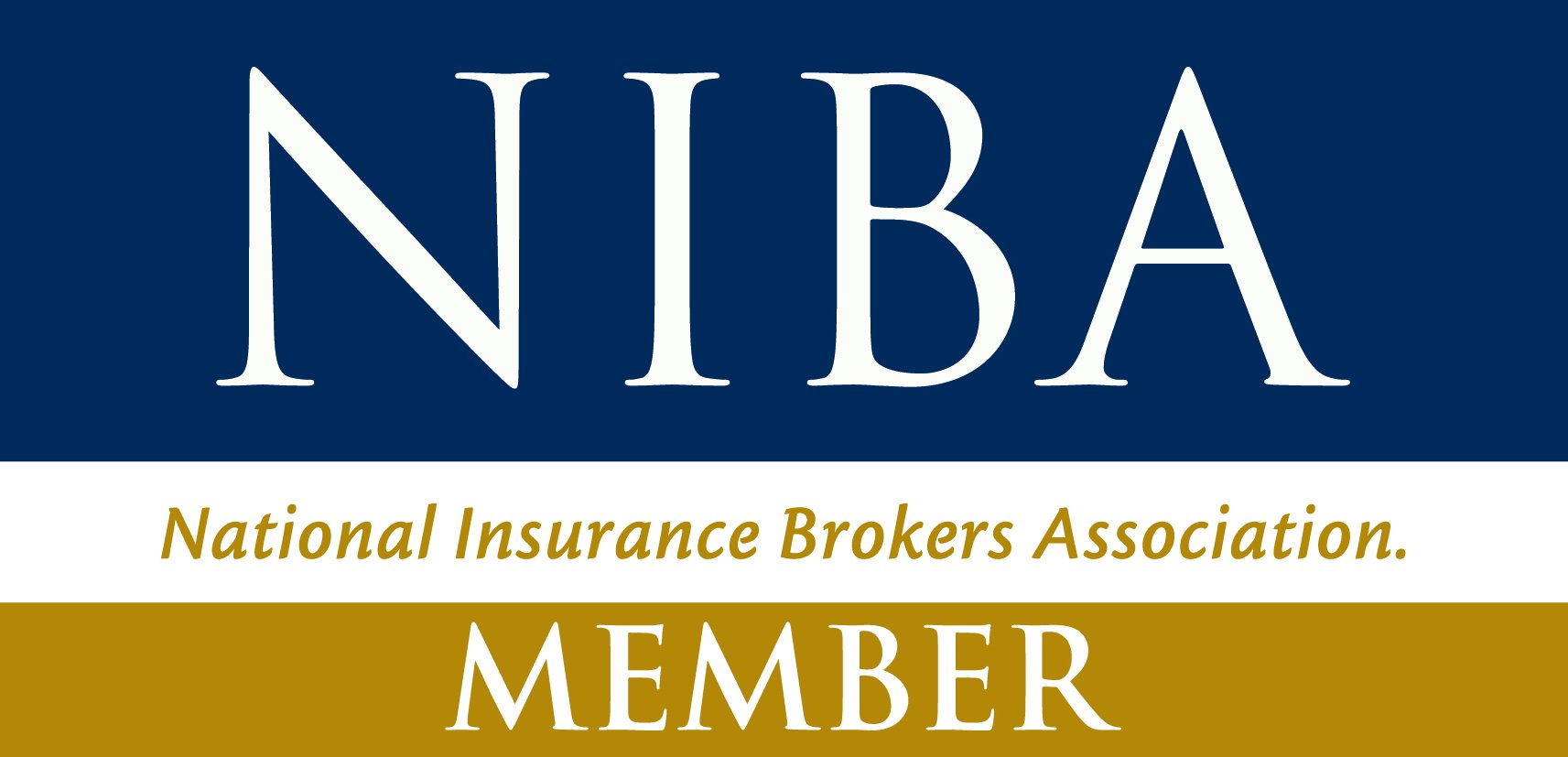Scammers are constantly evolving their tactics to target small businesses. The federal government’s Scamwatch site is a great resource for understanding the latest scams and for reporting a new scam.
Knowing what scams are out there and what you can do to help prevent them can be crucial for safeguarding your business.
Here are some of the most common scams and their tactics, to help protect you and your business.
- In a phishing scam, cybercriminals send emails that, at a glance, appear to come from reputable sources. These emails are laced with malicious links or attachments designed to pilfer sensitive information. These scams rely on clicking harmful content so the criminals can get into your system. Vigilance is paramount; always verify the legitimacy of any email before taking any action.
- With invoice scams, fraudsters send fake invoices, banking on being paid without being scrutinised. These invoices closely resemble genuine documents, making them difficult to distinguish from the real thing. Businesses are vulnerable, as the sheer volume of invoices processed can make it challenging to catch every deception. Implementing stringent verification processes and maintaining open lines of communication with suppliers can help thwart these attempts.
- Business email compromise (BEC) is a particularly insidious scam where hackers impersonate executives or trusted colleagues, requesting money transfers or sensitive information. The sophistication of these scams often involves compromising email accounts, making the requests appear legitimate. The financial implications can be severe, underscoring the importance of robust email security protocols and employee training.
- Tech support scams involve emails from legitimate IT support services. These fraudulent entities claim to help fix computer issues but instead install malware or charge exorbitant fees for unnecessary services. The key to avoiding these scams is to be wary of unsolicited tech support offers and seek assistance only from known and trusted sources.
- Fake business opportunities are another common scam, where offers that seem too good to be true require upfront payments or personal information. These scams can lead to financial loss and compromise sensitive data. It’s essential to be wary of any opportunity that demands payment before providing value.
Stop scammers in their tracks
Education is paramount to help prevent scams. Here are some steps that can help increase your team’s understanding of scams and how to deal with them.
- Hold regular sessions to teach your employees how to spot scams. Use real examples to make the training relevant and engaging.
- Keep scam awareness top of mind with posters, newsletters and reminders around the office. Regular communication helps reinforce best practices.
- Test your team with phishing simulations to identify vulnerabilities and improve responses to actual threats.
- Mandate multiple approvals for large transactions to catch fake invoices and suspicious requests.
- Educate your team that urgent requests, unfamiliar accounts or deals that seem too good to be true are red flags.
Cyber insurance can provide important protection in the event your business experiences a cybersecurity incident. But it’s a last line of defence and it’s essential to have all the right mitigation strategies in place to prevent scammers from successfully breaching your systems and protocols in the first place.
Contact your insurance broker today to find out more about the latest scams and how to help prevent them.
_____________________________________________________________________________________________________
Important notice
This article is of a general nature only and does not take into account your specific objectives, financial situation or needs. It is also not financial advice, nor complete, so please discuss the full details with your Steadfast insurance broker as to whether these types of insurance are appropriate for you. Deductibles, exclusions and limits apply. You should consider any relevant
Target Market Determination and Product Disclosure Statement in deciding whether to buy or renew these types of insurance. Various insurers issue these types of insurance and cover can differ between insurers.
Steadfast Group Ltd ACN 073 659 677
Important notice – Steadfast Group Limited ABN 98 073 659 677 and Steadfast Network Brokers
This article provides information rather than financial product or other advice. The content of this article, including any information contained in it, has been prepared without taking into account your objectives, financial situation or needs. You should consider the appropriateness of the information, taking these matters into account, before you act on any information. In particular, you should review the product disclosure statement for any product that the information relates to it before acquiring the product.
Information is current as at the date the article is written as specified within it but is subject to change. Steadfast Group Ltd and Steadfast Network Brokers make no representation as to the accuracy or completeness of the information. Various third parties have contributed to the production of this content. All information is subject to copyright and may not be reproduced without the prior written consent of Steadfast Group Limited.
Frequently Asked Questions
Scams vary far and between however, some everyday things indicating you may have been scammed can include:
- Unauthorised payments
- Computer acting by itself
- No longer being able to login to accounts
- Messages being sent claiming to be you
If you’ve been scammed, contacting your IT provider immediately is essential to help resolve the issue and minimise damage. They may have to wipe your computer or even the server itself however, the sooner you act, the more likely any damage can be reduced.
Making sure you are scam-aware is important as well as having cybersecurity in place to help prevent any potential scams from activating. The saving grace if both of these fail is to have cyber insurance. Contact our team to help get you cyber insured.





















